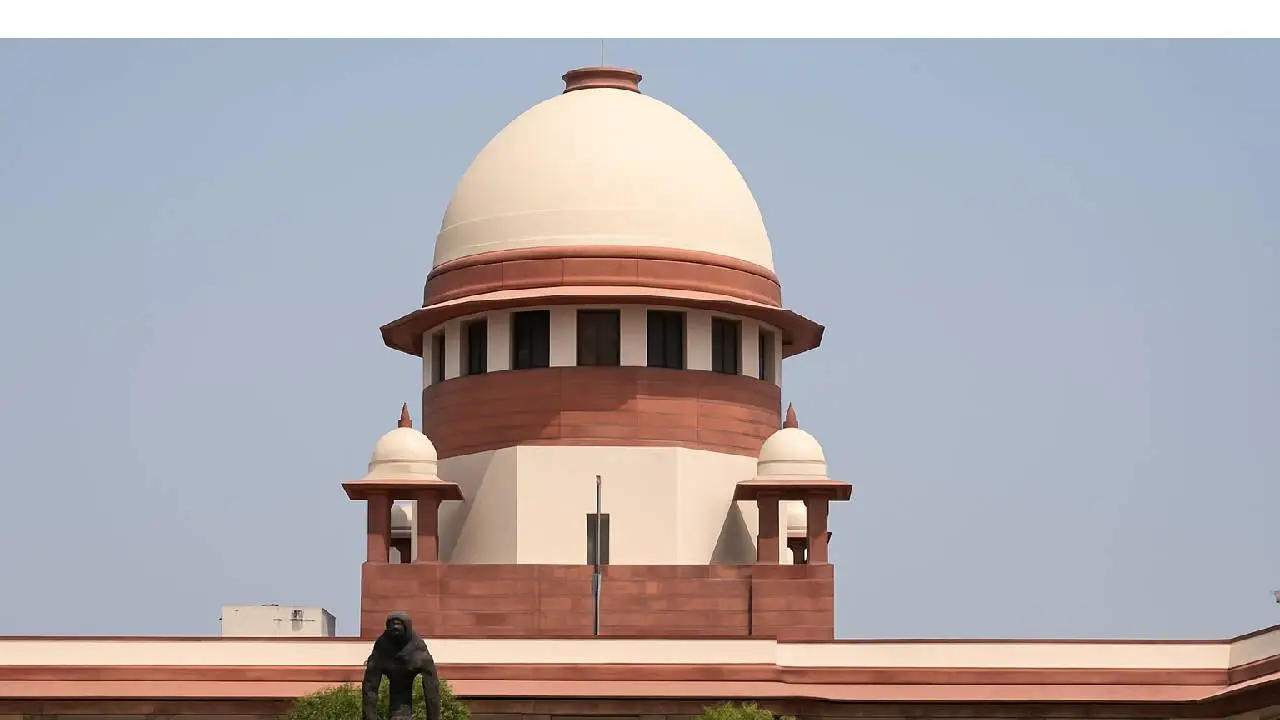
supreme court (Credit ai)
National News: The Supreme Court’s decision to issue notice to Delhi Police has given fresh hope to activists and students accused under the UAPA law. The notice comes after the Delhi High Court refused to grant them bail. The apex court has set October 7 as the hearing date. The matter involves key names such as Sharjeel Imam and Umar Khalid, who have been jailed for years. The case is seen as one of the most sensitive linked to the February 2020 Delhi riots.
Earlier this month, the Delhi High Court rejected bail for Imam, Khalid and several others. The accused were booked under the strict anti-terror law, UAPA, in what police describe as a larger conspiracy. The High Court said that the allegations against them appeared “grave.” According to the court, speeches delivered by Imam and Khalid seemed to instigate people during the protests. This ruling left the accused in jail for the fifth consecutive year.
Along with Imam and Khalid, names such as Gulfisha Fatima, Meeran Haider, Shifa Ur Rehman, Abdul Khalid Saifi and others figure in the same case. They have been linked to alleged planning of riots during protests against the Citizenship Amendment Act and the NRC. Another appeal by Tasleem Ahmed was also turned down by the High Court recently. All accused remain behind bars, awaiting relief from higher courts.
The Delhi High Court’s order stressed that the matter was serious. It said that the speeches and mobilisations by the accused went beyond simple protest. The judges noted that violence under the garb of peaceful demonstration cannot be accepted. According to the order, such actions could threaten India’s constitutional framework and disturb law and order. The court held that freedom of speech cannot be misused for conspiratorial violence.
The February 2020 Delhi riots remain one of the darkest chapters in recent memory. The violence erupted during anti-CAA protests and resulted in 53 deaths. More than 700 people were injured in the clashes. Properties worth crores were destroyed, and communal tensions rose sharply. The government maintains that the conspiracy behind the riots was pre-planned, while the accused claim they only exercised their democratic right to protest.
Many of the accused have now spent over five years in jail without bail. Families continue to struggle while awaiting justice. Human rights groups argue that keeping them inside without trial is unfair. Supporters believe the charges are politically motivated. On the other hand, the police argue that releasing them could harm ongoing investigations. The Supreme Court’s intervention has now brought renewed focus to their plight.
All eyes are now on the Supreme Court, which will hear the matter on October 7. The court’s decision will shape the legal path ahead for Imam, Khalid and others. Lawyers are preparing strong arguments on both sides. The outcome could impact not just the accused but also future use of UAPA in protest-related cases. For now, the case highlights the growing tension between national security laws and democratic freedoms.





Copyright © 2026 Top Indian News
